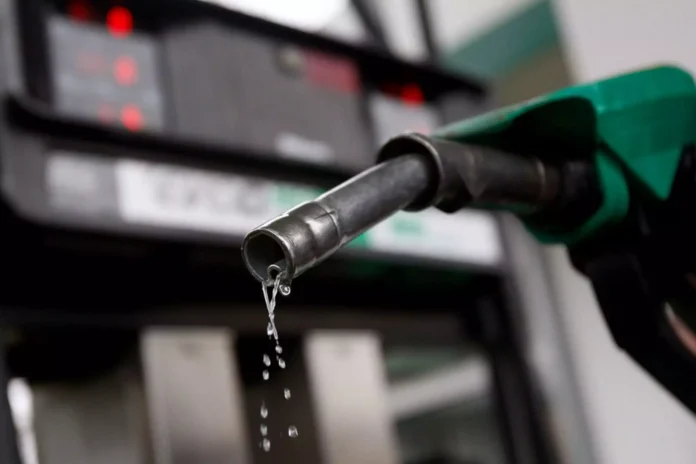As petrol scarcity worsens across Nigeria, motorists in Kaduna, Kano, and Katsina are paying exorbitant prices for the increasingly scarce commodity.
Correspondents from the News Agency of Nigeria (NAN) conducted investigations in the three states and discovered the horrible experiences of innocent civilians.
NAN also discovered that most large and independent marketers had closed their filling stations.
Furthermore, the handful that were operating have pushed the commodity price to between N 800 and N1000, exacerbating an already critical position.
Similarly, it was reported that petrol black marketers, particularly roadside fuel hawkers, were having a field day, with a 4-litre gallon costing between N 5000 and N6000.
A cross-section of the motorists interviewed told NAN, “We are very dismayed because the obnoxious situation has negatively affected our activities.”
Salisu Baso, a civil servant, complained that he had to pay double the usual transportation fee to get to his office at the Federal Secretariat in Kawo-Kaduna.
Baso explained, “We don’t even know who is right now. Is it the government, or the marketers? It is quite bad that they are simply passing the buck.
“But, in whatever case, an urgent action should be taken to redress the ugly situation that is jeopardising socio-economic activities in the country.”
Mrs Franscisca Idika, a trader at Kaduna’s Chechnya market, says the persisting petrol scarcity and rising prices have had a negative impact on her business.
She elaborated: “I have to pay more now to reach the market and we just have to increase the prices of our wares to break even.”
Mr Alao Jaremi, an IT expert in Katsina, urged the authorities to take immediate action to ensure the availability of petrol across the country.
“We need the government to take action and alleviate the suffering of the unfortunate Nigerians,” Malam Ibrahim Dan-Musa told NAN in Kano.
As the scarcity persists, NNPCL and oil merchants have shifted the responsibility for the commodity’s scarcity to the real causes.
NNPCL insisted that the long waits across Nigeria were caused by a disturbance in the ship-to-ship loading of petrol between Mother Vessels and Daughter Vessels, adding, “This resulted from a recent thunderstorm.”
The national oil corporation stated that bad weather conditions had also hampered berthing at jetties and truck load-outs transporting items to filling stations, causing a disturbance in station supply logistics.
However, the merchants claimed they were unable to place orders for the item through the NNPCCL portal.

